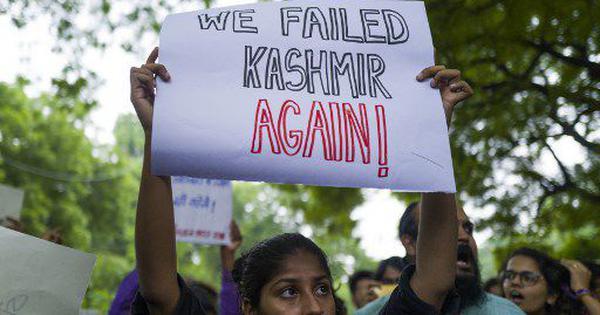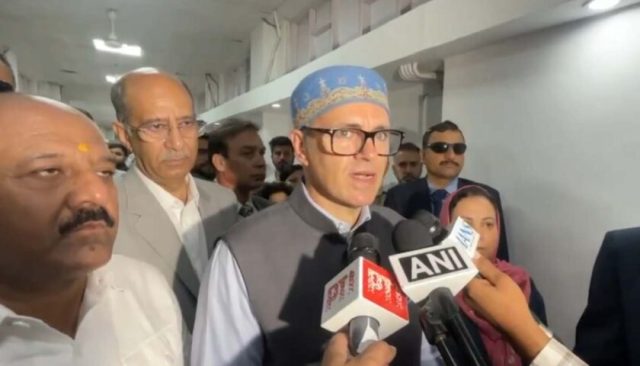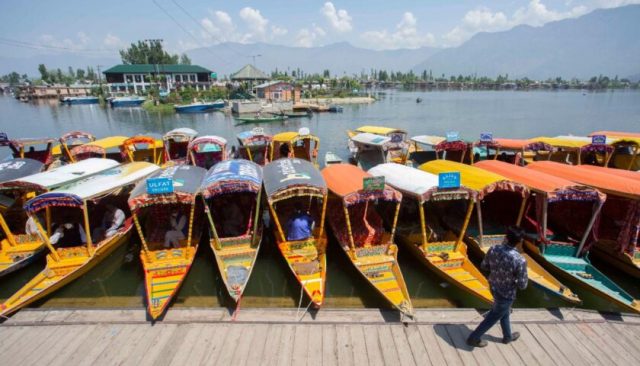Former prime minister and Congress leader Manmohan Singh, who was present at the book launch, called the J&K issue a complex problem and said that “any lasting solution was not possible unless equitable sharing of power and development of all the regions of the state is attended to”.
In the presence of former Prime Minister Manmohan Singh, the launch of a biography of senior Congress leader Karan Singh turned into a debate on India’s first Prime Minister Pandit Jawahar Lal Nehru’s policies on Jammu and Kashmir.
The book ‘Karan Singh :Jammu and Kashmir (1949 to 1967)’, by Harbans Singh, chronicled the years of the young Dogra ruler as a regent, then as Sadr-e-Riyasat, and later as governor of J&K.
Harbans Singh said the central government at the time was biased towards the Jammu region and played into the hands of National Conference (NC) founder Sheikh Abdullah, who had a “deep vendetta at heart against the people of Jammu”.
The writer was joined by former chief justice of india TS Thakur who read out passages from the book, highlighting “Nehru’s bias towards Jammu region and his closeness to National Conference founder Sheikh Abdullah”.
Calling the book “something that should interest every patriotic Indian”, Thakur read a few passages from the book, which highlighted the role of Jan Sangh ideologue Shama Prasad Mookerjee in Jammu region getting its due and also to show Nehru’s bias towards the Hindu-dominated part of the state.
Former PM Singh, however, said he would like historians and authors to highlight the role of Nehru, Abdullah, and other leaders in keeping Kashmir with India and “maintaining its unity and integrity”.
“While its a well-known fact that Karan Singh played a remarkable role, people who are aware of happenings in Jammu and Kashmir are aware that Sheikh Abdullah was difficult to deal with even for the national leadership,” he said.
Manmohan Singh called the issue of J&K a complex problem and said that “any lasting solution was not possible unless equitable sharing of power and development of all the regions of the state is attended to”.
Karan Singh, in a defensive tone, said that “he read the book only after it was printed”. “So I might not agree with all its conclusions,” he said.
Calling Nehru his mentor, he even asked the cameras to shift “to get a better vision of a portrait of the former prime minister” on the auditorium walls.




